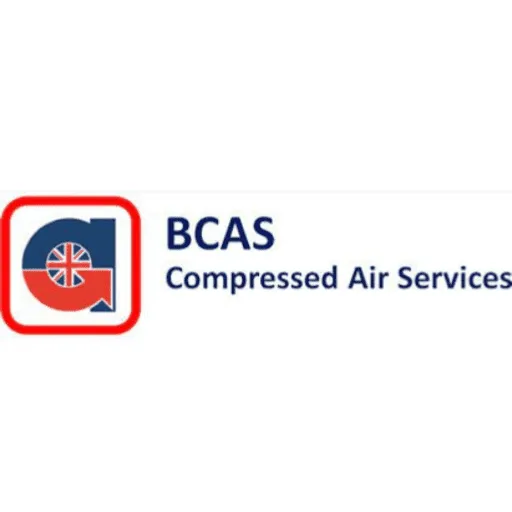Employers are under a duty to proactively prevent instances of sexual harassment in the workplace. If you fail to take reasonable preventative measures and an employee brings a successful sexual harassment claim, the tribunal may increase the damages payable by up to 25%. Accordingly, understanding what is classed as sexual harassment at work and the measures you need to implement to prevent it should be high on your priority list.
At Gap HR, we have decades of experience in assisting small businesses in navigating their duties as employers. We support clients with all types of HR and employment law issues, including ensuring they have taken reasonable steps to prevent sexual harassment within their organisation.
Call us now on 01491 598 600 or Click Here to Make An Enquiry and we will be delighted to help you.
What Is Sexual Harassment At Work?
Sexual harassment at work is unwanted behaviour that is sexual in nature within a working environment, although it can extend to social events, like Christmas parties.
Sexual harassment in the UK is unwanted behaviour of a sexual nature that:
- Violates a person’s dignity or
- Creates an offensive, intimidating, hostile, degrading, or humiliating environment for them
It does not matter that the perpetrator did not intend their conduct to have the effects listed above; if that is the result, their conduct may constitute sexual harassment. Moreover, the behaviour can be sexual harassment even if the person subjected to it did not experience any of those effects.
What Is Classed As Sexual Harassment At Work?
The term ‘sexual harassment’ extends beyond physical acts and encompasses anything verbal and non-verbal. Accordingly, it covers a broad range of unwanted behaviour, including the following:
- Inappropriate touching
- Leering
- Sexually explicit jokes
- Innuendo
- Invading someone’s personal space
- Suggestive gestures
- Unwelcome sexual advances
- Someone discussing their sex life
- Asking inappropriate questions about someone else’s sex life
- Unnecessary touching, such as deliberately brushing someone as they walk past or hugging them
- Sending communications, such as emails, of a sexual nature
- Displaying sexual material, such as pornographic pictures
- Demands for sexual favours, for example, in return for promotion
- Commenting on someone’s body, clothing, or appearance
- Rape and sexual assault
Who Is Protected Against Sexual Harassment At Work?
The law protects the following categories of people against sexual harassment at work:
- Workers
- Employees
- Contractors
- Self-employed people hired to undertake work for your organisation
- Job applicants
What Must Employers Do To Prevent Sexual Harassment At Work?
Employers are obliged to take reasonable steps to prevent sexual harassment from occurring within their workplace. What will be deemed ‘reasonable’ depends on several factors, including the nature of the business, its size, and its resources.
Examples of the types of steps most businesses should take, irrespective of their size and resources, include the following:
- Encourage a respectful, inclusive culture
- Raise awareness of the issue of sexual harassment among your workforce
- Educate your workforce on how you are tackling sexual harassment, including how they can report any sexual harassment they experience or witness and how you will deal with their complaint
- Undertake risk assessments to ensure the steps you take are appropriate to your organisation
- Implement policies expressly addressing sexual harassment
- Ensure your reporting procedures are clear and easy to use
- Train those members of staff tasked with dealing with reports of sexual harassment on how to address them effectively
- Ensure anyone who experiences sexual harassment is supported
What Are The Consequences Of Failing To Prevent Sexual Harassment At Work?
If an employee experiences sexual harassment at work and brings tribunal proceedings, they may include your breach of duty to prevent the behaviour in their claim. If they succeed, the tribunal will consider whether your actions fell short of the standard expected of an organisation like yours. If the tribunal concludes that your conduct amounted to a breach of your legal duty, it may increase the level of damages you are ordered to pay to the employee by as much as 25%. Since damages for sexual harassment are unlimited, a 25% uplift can be disastrous for your business’s finances.
In addition to the financial implications of facing legal proceedings for failing to prevent sexual harassment at work, the issue can have severe consequences for your reputation among employees, suppliers, and customers. You may struggle to retain staff, your relationship with key third parties like suppliers and investors can suffer, and consumer loyalty may be eroded.
If you need help with establishing what is classed as sexual harassment at work, understanding your legal duties, and implementing measures to fulfil them, we are perfectly placed to help. With vast experience in supporting small businesses of all types with HR and employment law issues, we understand the issues small business owners face and provide straightforward, practical advice to keep you legally compliant.
Call us now on 01491 598 600 or Click Here to Make An Enquiry and we will be delighted to help you.



















































































































